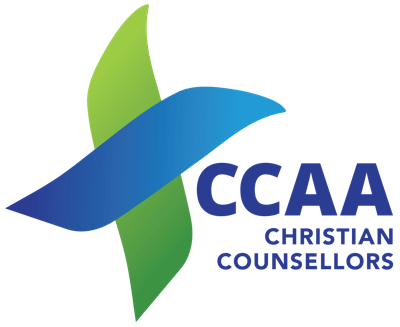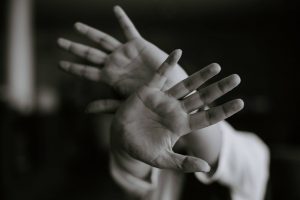Integration in the practice of Christian counsellors
Counselling training in Australia has a varied history. It is only in recent years that undergraduate university degrees have become a more popular program of counsellor education, and few courses actually address integration of faith and learning. Previously, counselling training for Christians in particular has been through Lifeline, Anglicare etc or widely varying programs such as Elijah House, Selwyn Hughes and more recently theophostic training. These latter programs tend to teach one particular method and theology rather than giving students a theoretical framework in which to contextualise their thinking. In contrast professional counsellors have studied psychology, social work or welfare studies, usually with very little Christian content and have either had to find ways to think through their own integration of psychology and theology, or have resisted the ‘secular’ training and have ended up using a model such as those listed above, again without necessarily working through the integration process.






